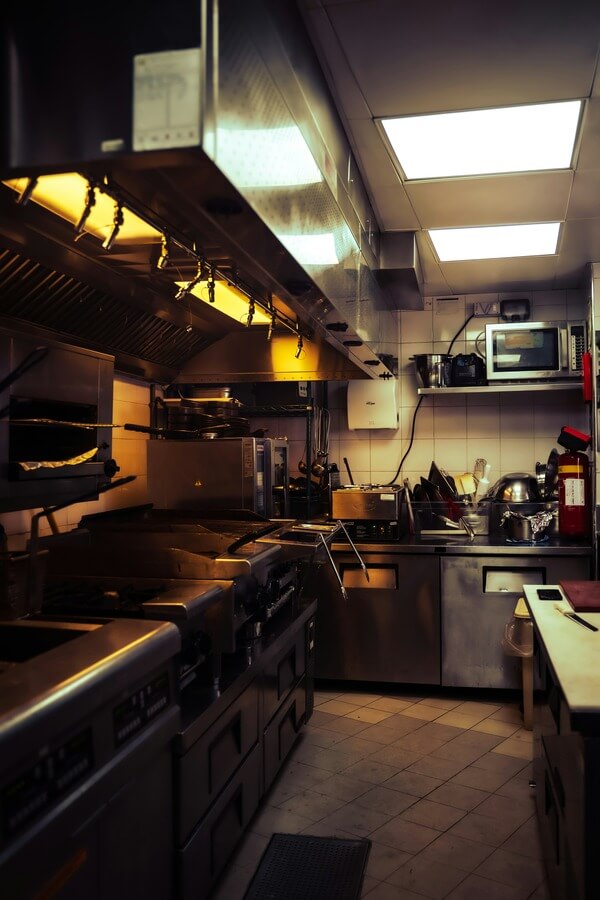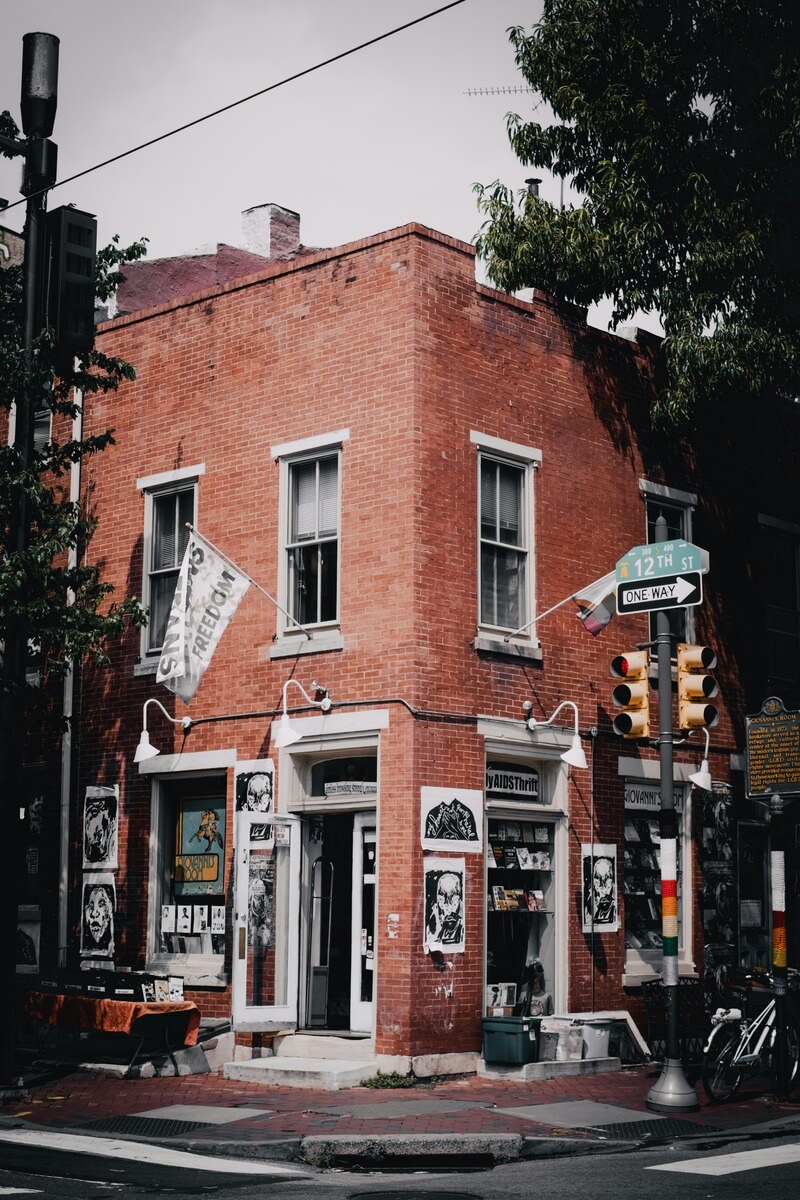How Commercial Mold Remediation Differs from Residential Mold Removal
Discover the key differences and unique challenges separating commercial and residential mold remediation.

How Commercial Mold Remediation Differs from Residential Mold Removal
Mold remediation is essential for both residential and commercial properties, but the process and challenges differ significantly between the two. Commercial buildings often have larger spaces, complex HVAC systems, and stricter regulations, making mold remediation more demanding than in residential settings. Understanding these differences can help business owners and property managers make informed decisions when dealing with mold issues.
Key Differences Between Commercial and Residential Mold Remediation
1. Size and Scope of the Project
- Commercial Properties: Larger spaces, multiple floors, and shared HVAC systems make mold remediation more complex. Mold can spread quickly in office buildings, warehouses, and retail spaces.
- Residential Properties: Typically smaller in scale, with localized mold problems that are easier to contain and address.
2. Regulatory and Compliance Requirements
- Commercial Properties: Must comply with health and safety regulations, including OSHA standards, EPA guidelines, and industry-specific rules. Non-compliance can lead to fines and legal issues.
- Residential Properties: While still subject to health codes, regulations are generally less strict compared to commercial spaces.
3. Health Risks and Liability Concerns
- Commercial Properties: Employee and customer exposure to mold can lead to liability claims, lawsuits, and business interruptions. Tenant complaints in leased commercial spaces can further complicate remediation efforts.
- Residential Properties: Health risks mainly affect the homeowners and their families, but landlords may face tenant claims if mold is not addressed.
4. HVAC System Complexity
- Commercial Properties: Mold can infiltrate extensive HVAC systems, requiring specialized cleaning, filtration, and containment procedures.
- Residential Properties: Home HVAC systems are smaller and easier to clean and manage during remediation.
5. Remediation Methods and Equipment Used
- Commercial Properties: Often require industrial-grade equipment such as HEPA air scrubbers, dehumidifiers, and negative air machines to contain mold spread.
- Residential Properties: Smaller-scale equipment is typically sufficient for containment and removal.
6. Business Disruptions vs. Home Inconveniences
- Commercial Properties: Remediation efforts must be planned to minimize business downtime. Some businesses may require after-hours or weekend remediation to avoid operational disruptions.
- Residential Properties: Homeowners may need to temporarily relocate, but the impact is usually limited to their household.
Best Practices for Commercial Mold Remediation
1. Conduct a Professional Mold Assessment
Hiring a certified mold remediation company ensures a thorough inspection, including air quality testing and moisture mapping.
2. Establish Containment and Safety Protocols
Using containment barriers, air scrubbers, and negative air pressure systems prevents mold from spreading to unaffected areas.
3. Address the Source of Moisture
Mold thrives in damp conditions, so fixing leaks, improving drainage, and controlling humidity are crucial to preventing regrowth.
4. Follow Regulatory Guidelines
Ensure compliance with OSHA, EPA, and local health department regulations to protect employees and customers.
5. Plan for Business Continuity
Work with remediation professionals to create a timeline that minimizes disruptions, whether through phased work, temporary closures, or weekend scheduling.
Conclusion
While both commercial and residential mold remediation share similar principles, commercial projects require more planning, regulatory compliance, and specialized equipment. Business owners and property managers should work with professional mold remediation services to ensure safe, effective, and legally compliant mold removal. Addressing mold issues promptly can protect employees, customers, and the long-term integrity of the property.
In need of commercial mold remediation near Philadelphia? Give us a call to schedule a free quote at (302) 740-4160
.jpg)
Top Shelf Mold Removal
Our goal is to treat Philadelphia homes at an affordable cost to make happier, healthier communities.
Get a free quote today.


